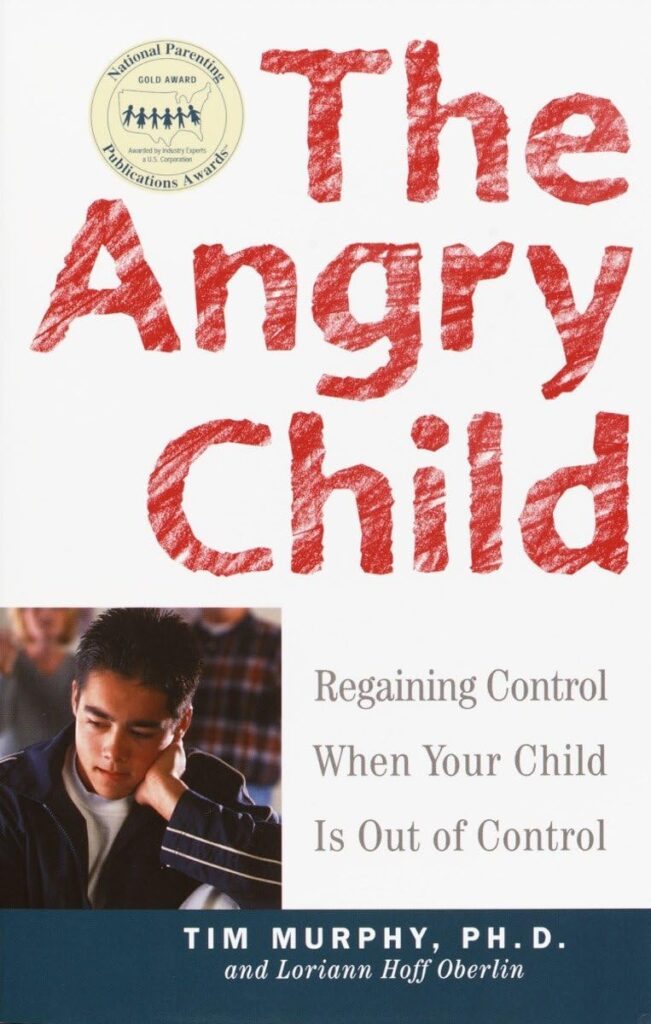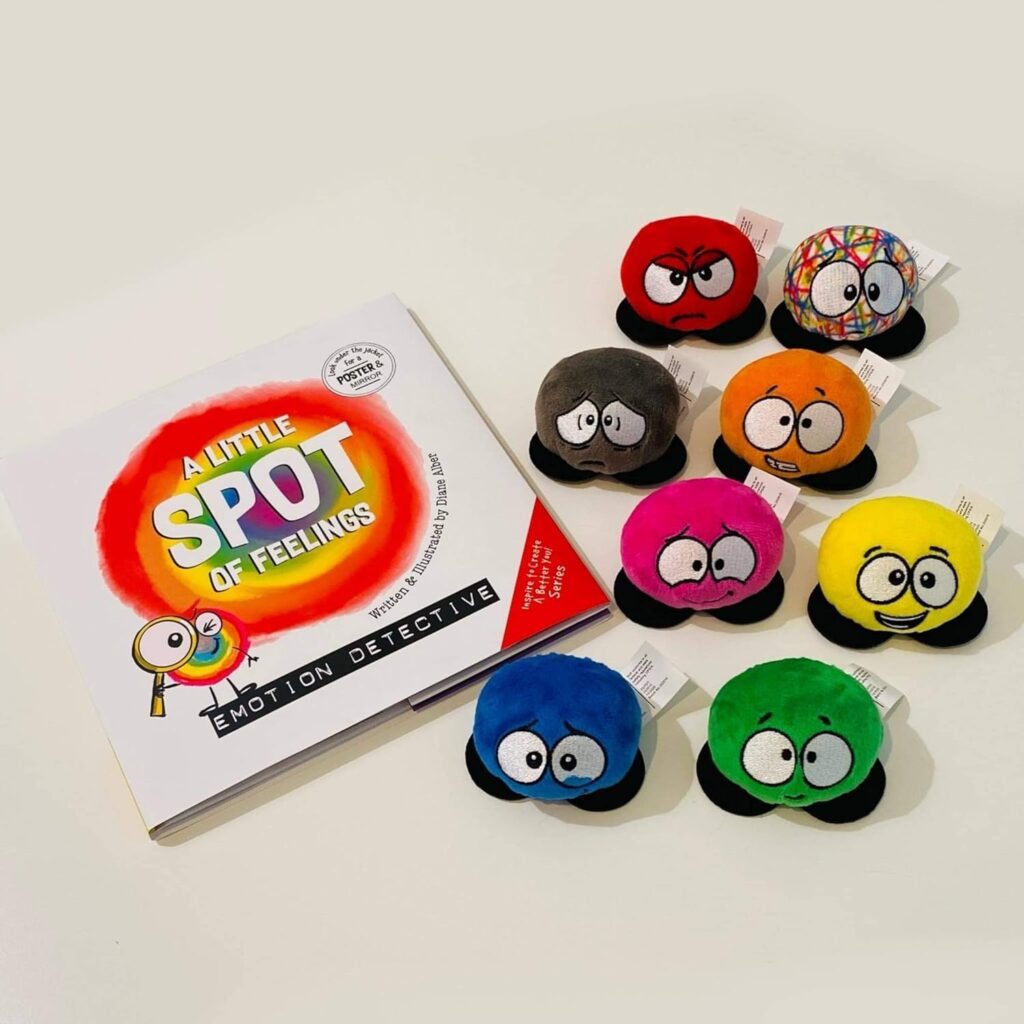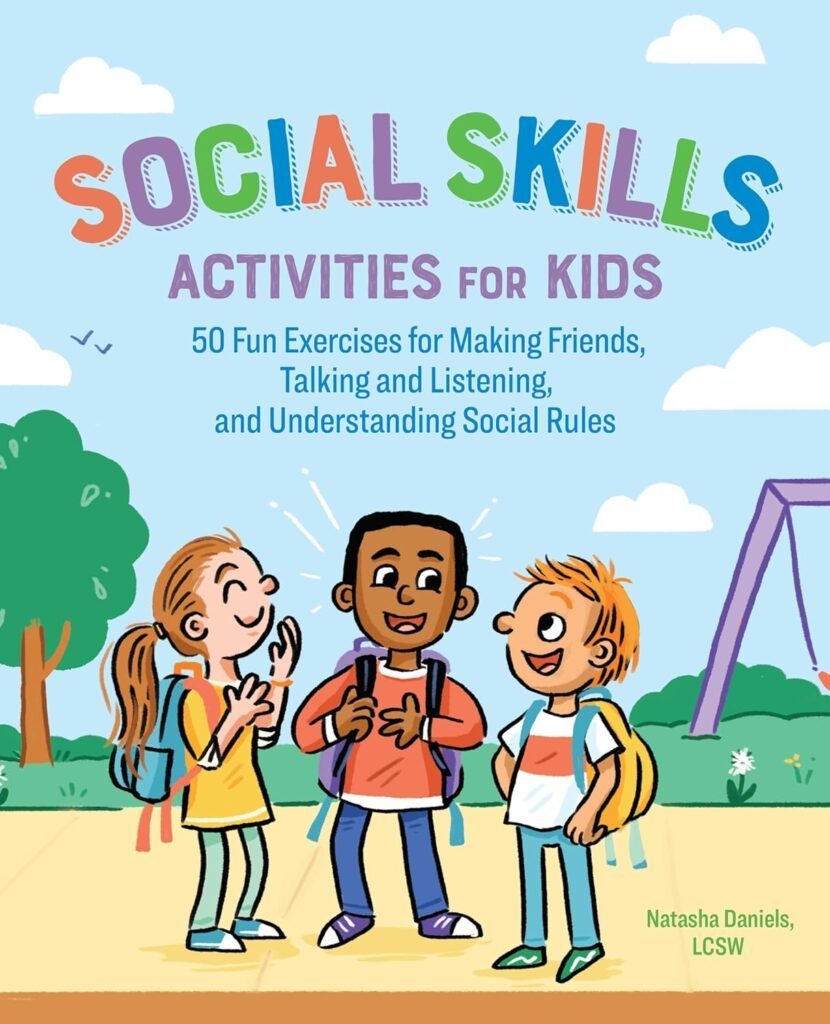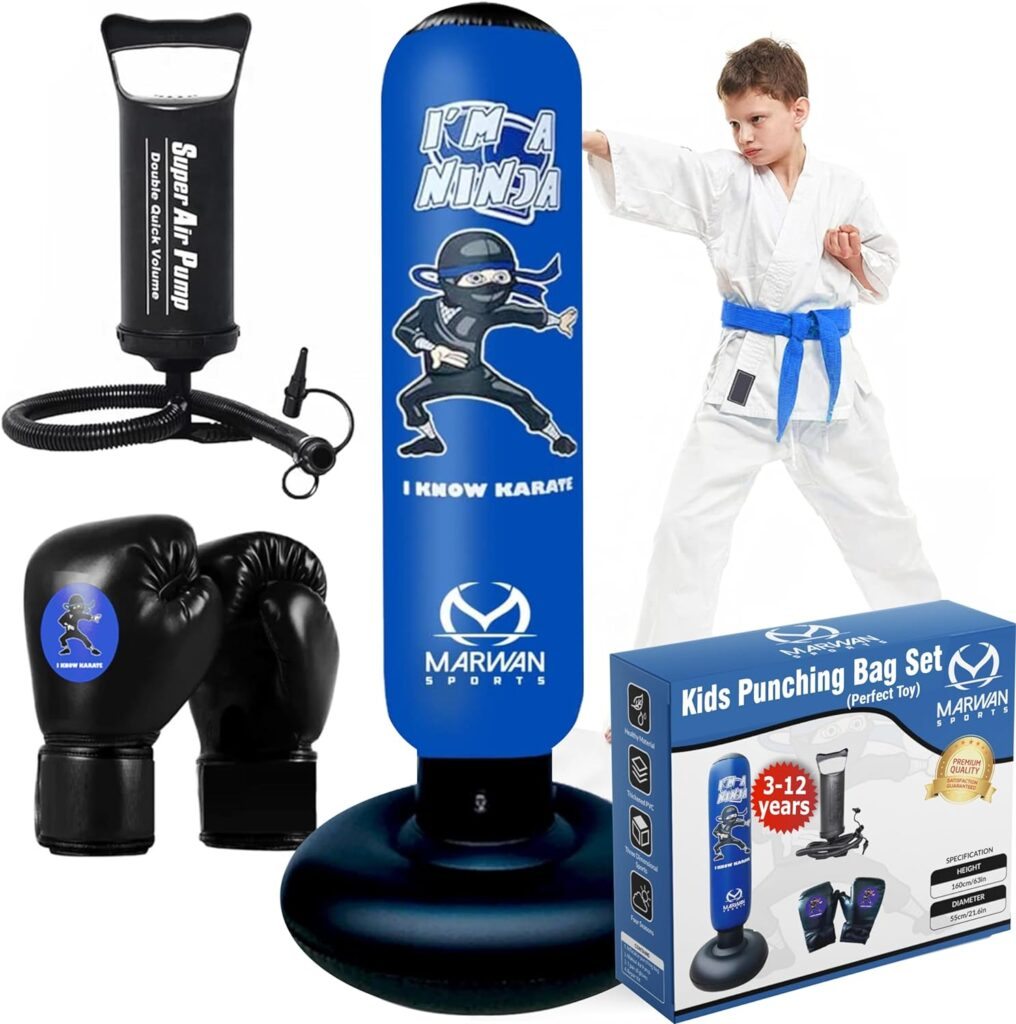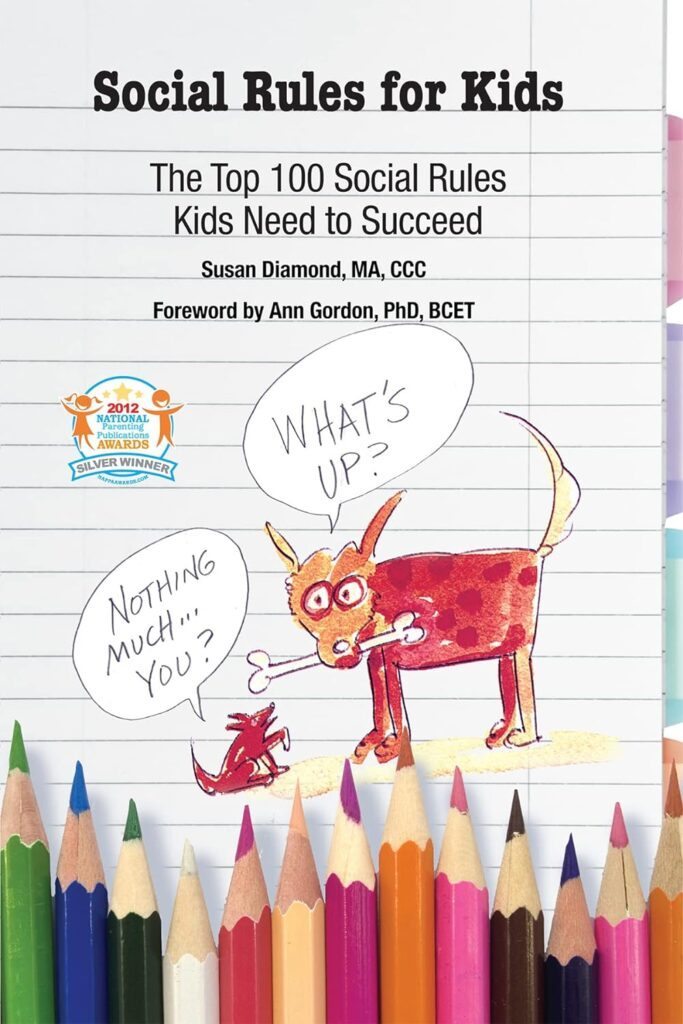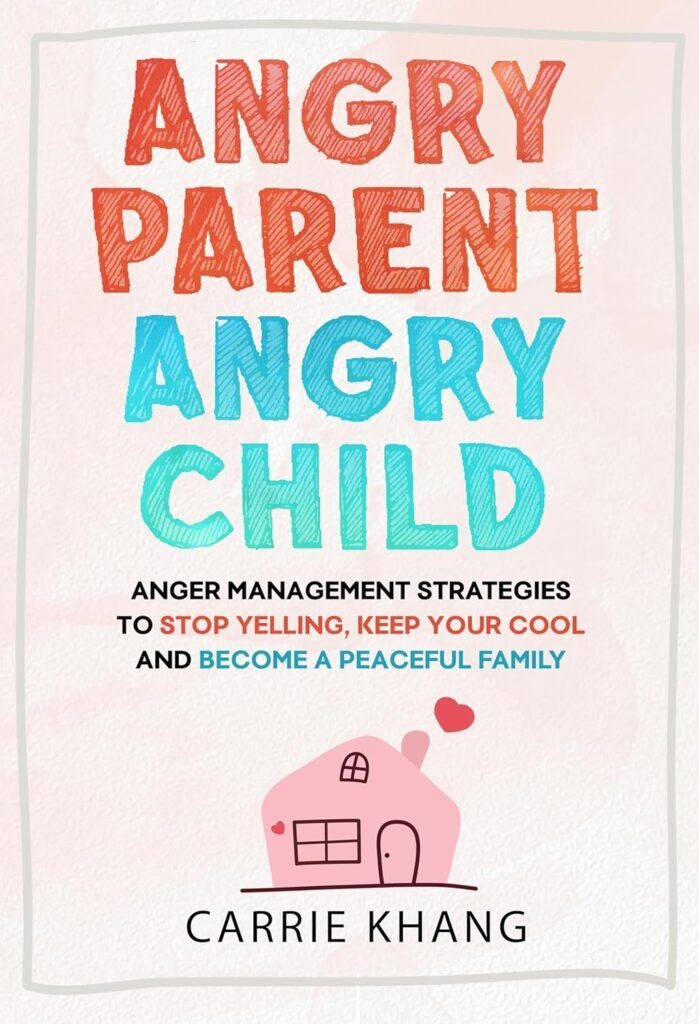Managing a angry child can be challenging. It’s important to remember that children often express anger because they haven’t yet developed effective coping strategies. Here are some techniques to help your child manage their anger.
Understanding Your Child’s Anger
Identify Triggers
Understanding what sets off your child’s anger is an important step. Pay close attention to the situations that commonly lead to outbursts. Is it feeling overwhelmed, frustrated, or tired? What is the repeating pattern? Identifying these triggers can help you prevent angry episodes. Keep written log of these situations to gain a clearer picture.
Validate Feelings
Let your child know that it’s okay to feel frustrated. Validate their emotions by saying, “I understand you’re feeling angry right now.” Explain to your child that it’s okay to feel angry, but hitting, yelling, or throwing things is not acceptable. These actions hurt others and will have consequences. Teach them that there are healthier ways to deal with anger.
Communicate Openly
Encourage your child to express their feelings using words. Create a safe space for open communication. Teach them to use “I” statements to express their emotions, such as “I feel angry when…” or “I feel frustrated because…” This helps them develop healthy communication skills and gives them an outlet for their feelings. Be a good listener and show empathy to help them cope with their anger.
Angry Child: Teaching Coping Skills
Deep breathing and relaxation techniques
Breath in and breath out – a powerful tool for calming down. Teach your child to take slow, deep breaths when they start to feel angry. This simple practice can help lower their heart rate and reduce feelings of overwhelm. Also, they will be able to evaluate situation better if they are calm. Yoga can be a great tool for learning how to breath.
Time-outs can provide a necessary break
When you need to calm down too, take a break. Create a calm space where they can go to cool down. Explain that the time-out is not a punishment but an opportunity to regain control of their emotions.
Teaching problem-solving skills
It’s not only about calming the situation down but also teach them how to solve a problem a different way. Help your child identify the problem, brainstorm solutions, and choose the best course of action. This empowers them to take control of challenging situations.
Positive reinforcement
Reward your child when they handle anger in a constructive way. This positive feedback will motivate them to repeat these behaviors in the future. Give your attention to a behavior that you want to support.
Physical activity and self-care.
Engaging in sports or other activities can help release pent-up energy and reduce stress. Activities like yoga, self defense, soccer, baseball, journaling, dancing, music, drawing and other can also teach children valuable self-regulation skills.
Setting Limits and Consequences
- Consistent rules: Establish clear and consistent rules to prevent power struggles. The word consistency is very important as your child need to understand that there is no room for an angry behavior.
- Natural consequences: Allow your child to experience the natural consequences of their actions when safe.
Seeking Professional Help
If your child’s anger is severe or impacting their daily life, consider seeking guidance from a child psychologist or therapist. They can provide tailored strategies and support. Remember, it is ok to ask for help. Think about how much it can help your child and your family. Seek support from friends, family, or support groups.
It’s important to remember that every child is different, and what works for one may not work for another. Be patient and consistent in your approach. With time and effort, you can help your child develop healthy ways to manage anger. This is a journey, so please be patient.
Disclosure: We use affiliate links to earn a small commission. If you choose to purchase something through one of these links, there is no cost to you.


